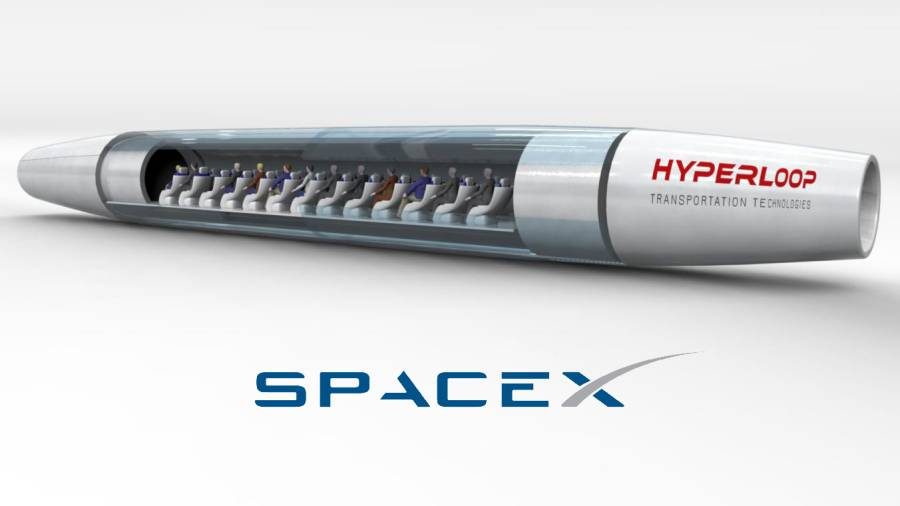27 teams of college students and other groups from all over the world will put their designs to the test on the Hyperloop Pod Competition. The last phase of SpaceX’s open contest will begin this Sunday on a test track built near their Hawthorne, California headquarters.
Elon Musk and a team of SpaceX engineers will judge the performance of the pods during the competition, and they will name a winner after it concludes. What they win is not exactly clear, though.
The atmosphere at the Hyperloop test course is filled with excitement, as college students from around the country go to support their alma mater teams in an unprecedented contest. SpaceX will livestream the event on their official site.
The road to the Hyperloop Pod Competition
Much like the concept behind the Hyperloop itself, the way to the Hyperloop Pod Competition has been neck-breaking fast and full of exciting innovation.
Since Elon Musk first coined the term and proposed the Hyperloop as a new transport method back in 2012, the billionaire entrepreneur has driven SpaceX and Tesla to be successful enough so that people want to follow him on this next journey.
SpaceX announced the Hyperloop Pod Competition back in the summer of 2015, and over 1,000 teams of engineers applied to get a chance to build the next big thing in transportation.
However, by February last year, only 30 teams remained following a strict selection process and extensive reviews by the firm’s committee during Design Weekend held on late January 2016.
Teams to look out for at SpaceX’s Hyperloop Pod Competition
At Design Week of the Hyperloop Pod Competition, SpaceX awarded three honors to five teams: Best Overall Design Award, Pod Innovation Award, and Pod Technical Excellence Award.
The Massachusetts Institute of Technology (MIT) took home the Best Overall Design Award for its MIT Hyperloop unit, a 228-mph red pod put together by a team of 28 students in different fields.
The Pod Innovation Award went to the Delft Hyperloop team from the Netherlands. 30 students at the Delft University of Technology built a pod that can reach 745 mph, a mark near the top of the speed range proposed by Musk.
The University of Wisconsin-Madison, Virginia Tech, and the University of California Irvine all got the Pod Technical Excellence Award.
Their pods, named the Badgerloop, the V-17, and the HyperXite, all stand taller than the others for their inclusion of unique design features such as passenger occupation focus, use of unique materials, and propulsion methods.
Other impressive teams include the rLoop team, formed entirely by Reddit members who worked remotely; the HyperLift team, made up by students of St. John’s High School; and the Keio Alpha team, the only Asian representative from Japan’s Keio University.
Watch the Hyperloop Pod Competition live
You can tune in to look at the competition live at SpaceX’s official site following this link: http://www.spacex.com/hyperloop. The streaming will start at 1:55 pm PT and 4:55 ET this Sunday.
Source: SpaceX


